It has long been established that sugary foods are bad for our teeth. However, the reality is that the relationship is much more complex than that. Here is some general information about foods and how they affect your mouth and teeth. The food we eat allows bacteria in our mouth to produce acid which can lead to cavities. This includes all food and drink EXCEPT water.
Specifically talking about our oral health, which foods are good and which are bad? And why?
The GOOD
Our bodies need nutritious foods to help form and maintain healthy bones and teeth. Some of the nutrients we need from food for this include calcium, phosphorus, vitamin A, vitamin C, vitamin D, omega 3, and fluoride.
It is important that we eat a balanced diet, examples of healthy foods that are also good for your teeth may include:
Raw vegetables or salads
Hard boiled eggs
Nuts and seeds
Plain milk, yogurt, and cheese
Photo by Sharon Pittaway on Unsplash
The BAD
The bacteria in our mouths use food that we eat to produce harmful by-products. These foods are better known as fermentable carbohydrates. This is NOT just sugar and sweets.
This category of foods includes:
Dried fruits such like raisins
Starchy vegetables such as potatoes (including potato chips!)
Refined flours and products like bread and pasta
But why are these things bad? Fermentable carbohydrates are taken up by the bacteria in our mouths, and consequently forms acid. This acid changes the pH level of our oral environment, which can allow for the formation of cavities.
Acid erosion: acidic food or drink can cause what is known as acid erosion.
These may include:
Lemon water and lemonade
Carbonated beverages
Soft drinks
Orange juice
Tea and Coffee
How does acid erosion affect our teeth? When consumed the acid lingers in our mouths and softens our teeth and can remove minerals from them. This can lead to wearing away of the teeth, sensitivity, and cavities.
The UGLY
There is an exception to every rule. While milk is essential to growing and maintaining healthy teeth, milk can also be bad for our teeth. Milk contains naturally occurring SUGARS such as lactose. This is the main carbohydrate in milk, and acts as a FERMENTABLE CARBOHYDRATE like we previously talked about. What does this mean? Well, while we need to drink milk, we also can’t just let milk sit on our teeth. This is a common source of cavities, especially in infants and toddlers, who have a bottle of milk with them throughout the night. Stay tuned for another blog about this subject specifically!
A good rule to follow is that after you brush your teeth at night, we should only consume WATER. Anything else to eat or drink will sit on your teeth overnight and can lead to decay.
The REALITY
As with everything in life, moderation is the key. It’s not about eliminating all bad foods, but watching how much we have and when. As well we need to know how to most appropriately care for our teeth when we do consume sugary or acidic substances.
When it comes to sugar, it’s better to reduce the amount of time that it has with your teeth. For example, it is better to chew and eat a candy, then to suck on it over a long period of time.
For this same reason, it is better that children use a cup to drink milk and juices, as sippy cups and bottles allow for more time with the sugar to interact with their teeth.
Try to eat sweets or acidic substances during meal time, not in between meals. This is because the extra saliva produced while eating helps to protect your teeth.
Make sure you brush your teeth at least twice a day, especially before bed. However try not to brush your teeth directly after a meal. Allowing some time following a meal before brushing will give the saliva in your mouth time to do its job.
Thank you for reading along with our blog, we hope there was some helpful information you were able to take from this. If you have further questions about this topic or other dental services please call 306-931-0000

